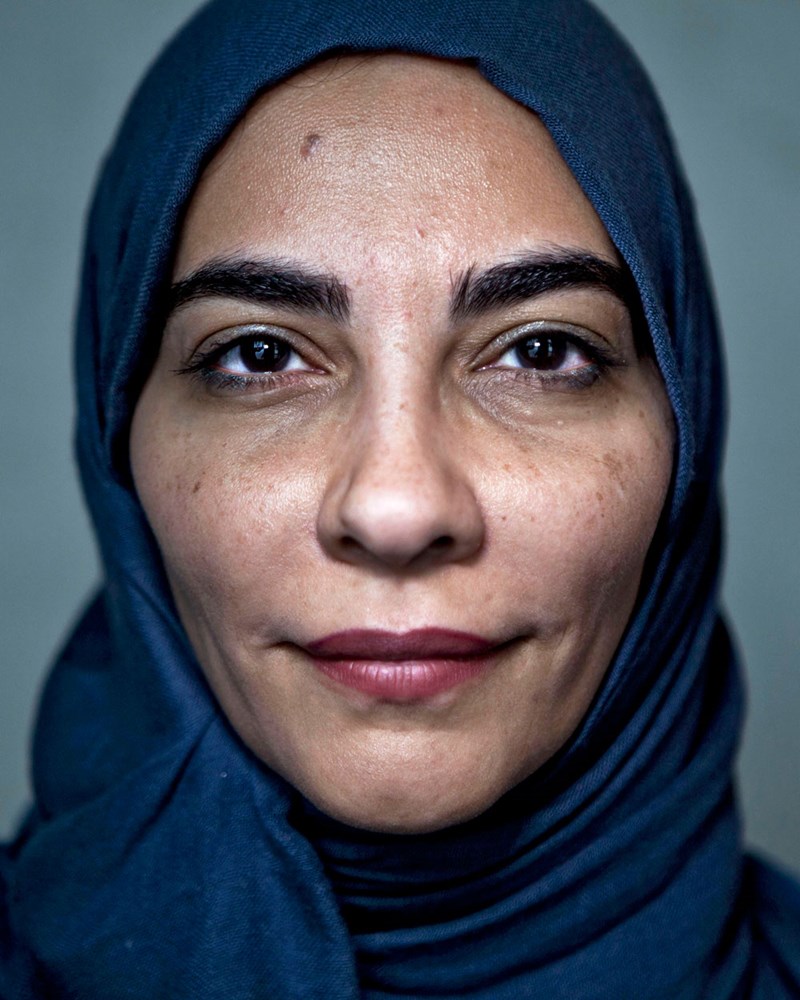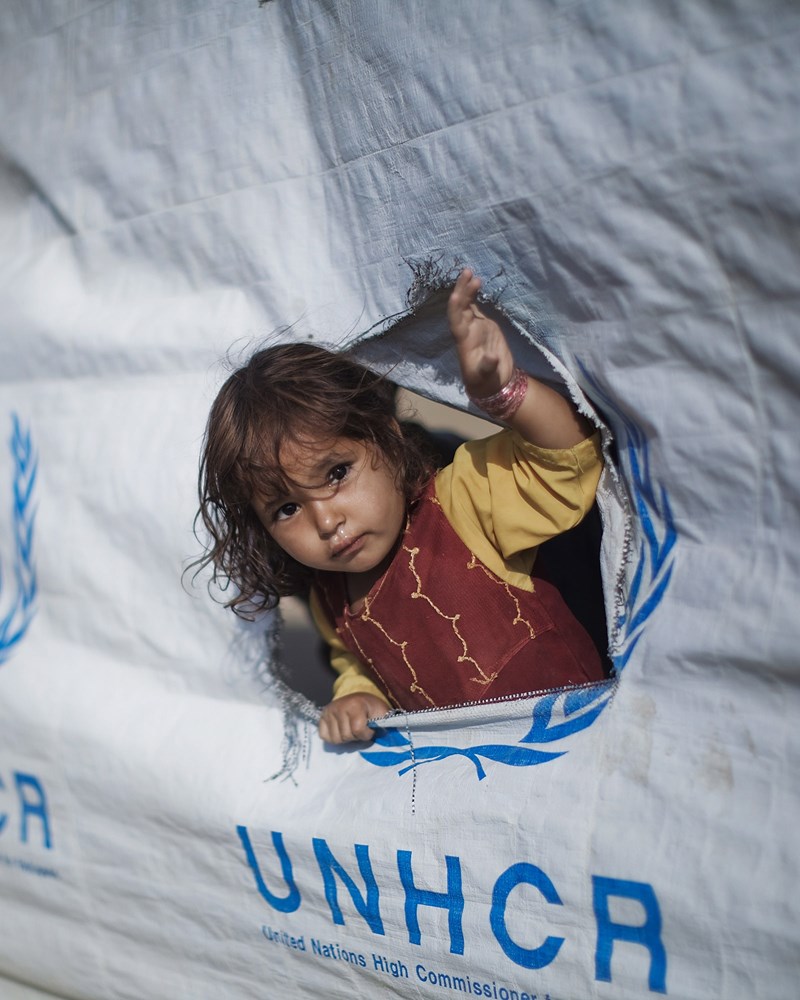The United Nations’ refugee agency has unveiled plans for a global rollout of its zakat fund as it seeks to better leverage Islamic giving to support its relief work and plug funding gaps.
UNHCR will also expand its Islamic fundraising with a legacy scheme for donors, and is exploring the creation of an Islamic charitable endowment, or waqf, to support the refugee cause.
“With Islamic philanthropy, we are only scratching the surface,” said Khaled Khalifa, UNHCR's regional representative to GCC countries and senior adviser for Islamic philanthropy. “I strongly believe that Islamic philanthropy can respond to most of the humanitarian needs around the world. We know there are tens of billions of dollars that are circulating in zakat alone - outside of waqf and sukuk [sharia-compliant bonds].”
The UNHCR Refugee Zakat Fund launched in 2019 as an online platform designed to enable Muslims to donate their alms for relief work. Zakat, a pillar of Islam, requires Muslims worldwide to give typically 2.5 per cent of their wealth each year for the benefit of the poor.
The fund, which is supported by Muslim clerics in Egypt, Morocco, Saudi Arabia and elsewhere, raised $61.5m in 2020 in support of UNHCR’s work with refugees and displaced people.
The majority of donations were sourced from the Middle East and North Africa, and came overwhelmingly from philanthropists and institutional partners. Less than a fifth of zakat and sadaqah (voluntary charity) donations came through the digital platform, which was supplemented by the launch of a mobile app in December.
The single largest donation came from Qatar’s Sheikh Thani bin Abdullah bin Thani Al-Thani, who gifted some $43m to fund UNCHR’s aid work in Yemen, Lebanon, Bangladesh and Chad.









